What is isotretinoín?
Isotretinoin is a powerful medication often described as a “game changer” for those struggling with severe acne. Originally developed in the 1980s, it revolutionized dermatology by offering an effective solution for individuals whose acne didn’t respond to other treatments. It’s best known by its brand name, Accutane, but there are many others. This medication isn’t just another acne cream—it’s a serious systemic treatment that can change the course of someone’s life by not just treating their skin but boosting their confidence, too.
Mechanism of Action
At the core of Isotretinoin’s magic is its ability to shrink sebaceous glands—those tiny oil producers that contribute to acne when they go into overdrive. But it’s not just about drying out the skin; this drug works on a deeper level, regulating cell turnover and reducing inflammation. These effects aren’t just short-term either; for many people, the improvement lasts for years after they stop taking it.
Medical Uses of isotretinoín
Isotretinoin is a lifeline for people with severe nodular or cystic acne, the kind that’s painful, scarring, and emotionally draining. But beyond acne, some doctors are exploring its potential for other uses, like preventing certain skin cancers. It’s also used for conditions like rosacea, though this is considered an off-label use. This versatility showcases isotretinoín‘s power beyond its most well-known use.
Dosage and Administration
One of the things that make Isotretinoin so unique is how individualized the treatment can be. Dermatologists take into account factors like a patient’s weight, gender, and even skin type when prescribing it. Most people undergo a treatment course that lasts anywhere from 4 to 6 months, though this can vary. The goal is not just to clear the skin temporarily but to tackle acne at its root, preventing future breakouts from ever happening.
Side Effects and Risks
As effective as Isotretinoin is, it’s not without its side effects. Common issues like dry lips, skin, and sensitivity to sunlight are practically universal among users. More concerning are its potential serious side effects—most notably, its teratogenic effects, which can cause severe birth defects. Mental health impacts, including mood swings and depression, are also hotly debated.
Isotretinoin and Pregnancy
Isotretinoin’s effect on pregnancy is one of its most significant risks. The drug can cause major birth defects, which is why women of childbearing age must adhere to strict guidelines. In the U.S., this is regulated by the iPLEDGE program, which ensures that anyone taking the drug follows stringent rules, like regular pregnancy tests and the use of two forms of contraception. This is no small ask, but it’s crucial for preventing the drug’s harmful effects on unborn children.
Monitoring and Follow-up
While taking Isotretinoin, patients are closely monitored with regular blood tests to check liver function and lipid levels, since the drug can impact these. Dermatologists also check in to ensure side effects are manageable. Post-treatment care is just as important, as the skin continues to change after completing the course. It’s not unusual for users to experience lingering dryness or sensitivity that may take time to balance out.
Alternatives to Isotretinoin
For those who can’t or don’t want to take Isotretinoin, there are alternatives. Antibiotics, hormonal treatments, and topical therapies can all help manage acne, though they may not be as effective in severe cases. Topical retinoids are a less potent option but work similarly. The decision often boils down to weighing the pros and cons: Is the long-term solution of Isotretinoin worth the potential side effects?
isotretinoín in the Media
Isotretinoin has made headlines for both good and bad reasons. It’s been the subject of lawsuits, especially in cases where users developed serious health problems. At the same time, it’s celebrated in beauty blogs and forums, where it’s often described as a “miracle cure” for people whose acne is resistant to everything else. In pop culture, it’s sometimes portrayed as a last-resort treatment with life-changing results, creating both fascination and caution around the drug Superdrol .
Conclusion
Isotretinoin remains one of the most powerful tools in dermatology today, with decades of evidence supporting its efficacy. However, as research continues, we might see the development of new retinoid medications that offer similar benefits with fewer risks. For now, Isotretinoin’s place in the world of dermatology is well-cemented, and for those who need it, it can be truly transformative.

 Best stimulant drugs
Best stimulant drugs Medical Psychedelics
Medical Psychedelics Pharmaceutical weight loss drugs
Pharmaceutical weight loss drugs Steroids for sale
Steroids for sale
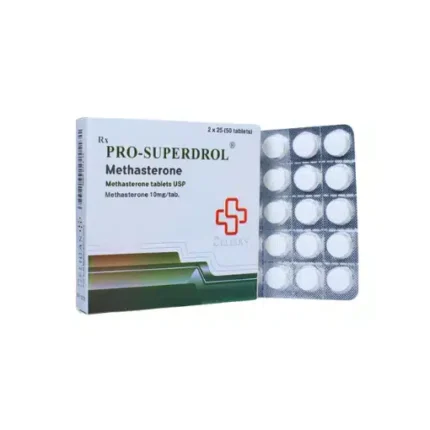
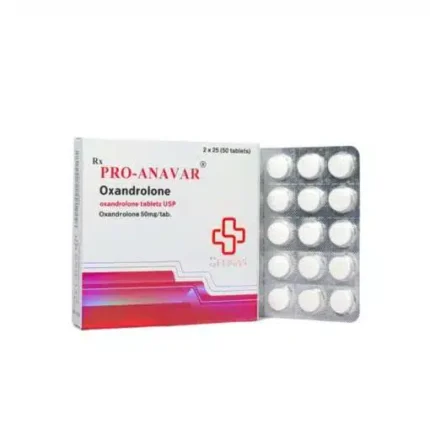


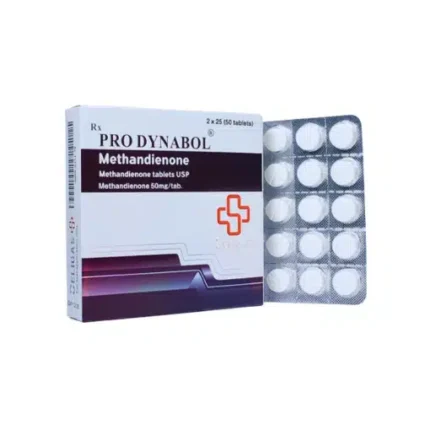
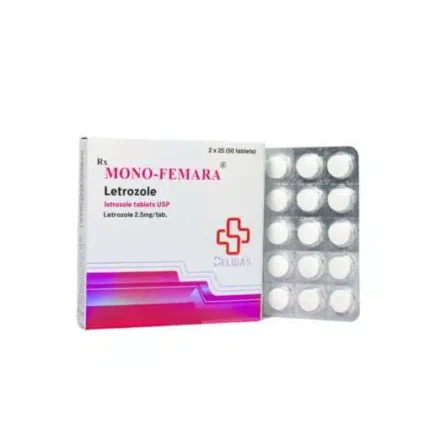
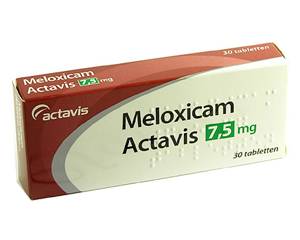
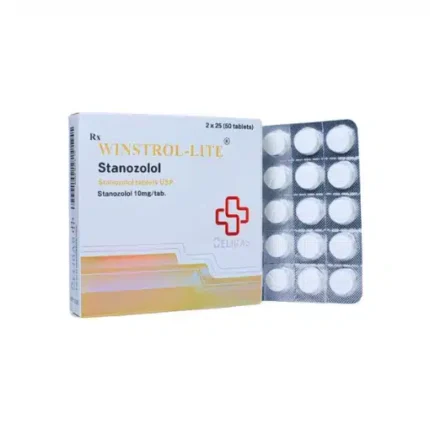
Reviews
There are no reviews yet.